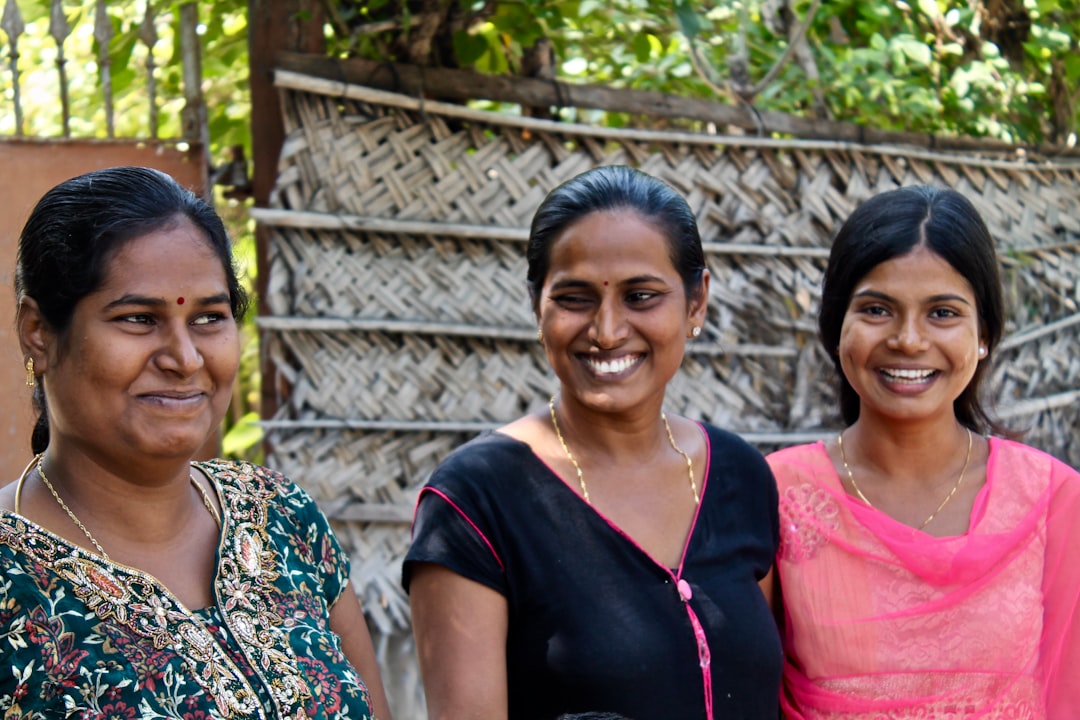What is it about?
In the Netherland organisations are ever more working with teams, because teams have the potential to outperform individuals. However, teams struggle to make that happen. In previous research a model of developmental space for teams was developed to indeed outperform individuals as a team. Teams create developmental space in their interactions by undertaking four activities: creating future, reflecting, organizing and dialoguing. It appears that the more developmental space teams create the better their results. While creating developmental space, teams need to focus on the performance (creating future and organizing) and sensemaking (reflecting and dialoguing) orientations. These two orientations appear to be at odds with each other in other words, a paradox. How teams experience and handle this paradox and whether this is a critical success factor for them is not yet clear. Therefore, our research question is: How do teams experience and handle the developmental space paradox and what effect does that have? At the same time we picked up the challenge to present an overview of the literature about handling paradoxes and empirically test the findings. Unravelling the process of handling paradoxes by studying the literature led us to the idea that handling paradoxes involves a process of making choices, consciously or unconsciously, in which each choice influences the next step taken. Bringing the outcomes of different studies together, we discern the three following steps in the process of handling paradoxes: 1) recognizing the paradox; 2) responding to the paradox; 3) deploying coping strategies. In our study we present these steps in an overview and tested this emperically. Recognizing the paradox and embracing the two sides of the paradox seem to fuell teamsucces.
Featured Image
Read the Original
This page is a summary of: Breaking the Paradox: Understanding How Teams Create Developmental Space, Journal of Management Inquiry, July 2017, SAGE Publications,
DOI: 10.1177/1056492617718090.
You can read the full text:
Contributors
The following have contributed to this page










